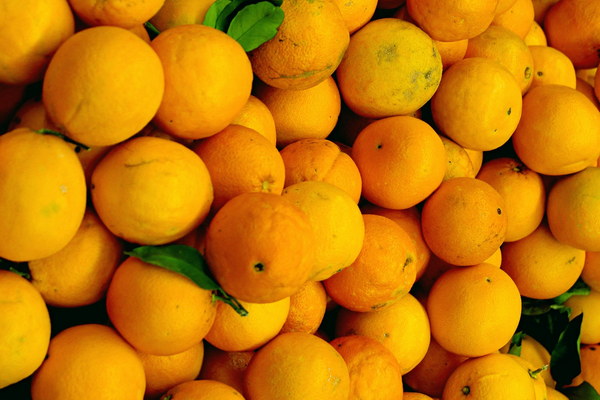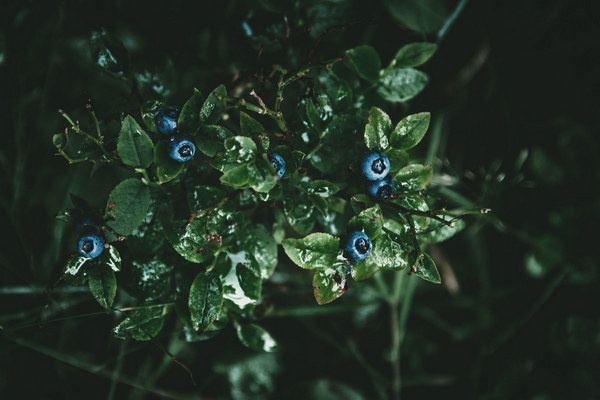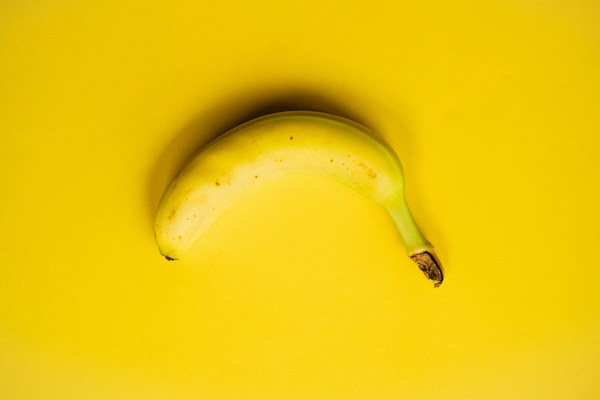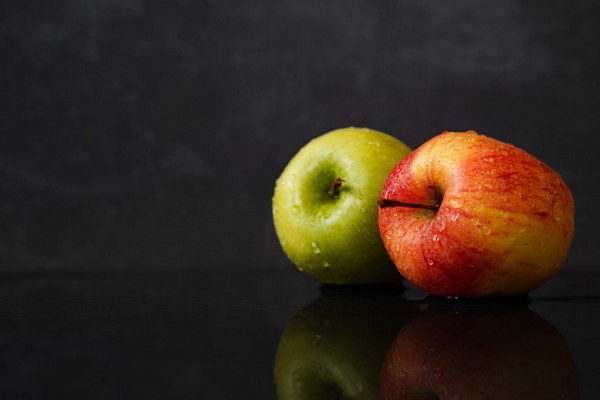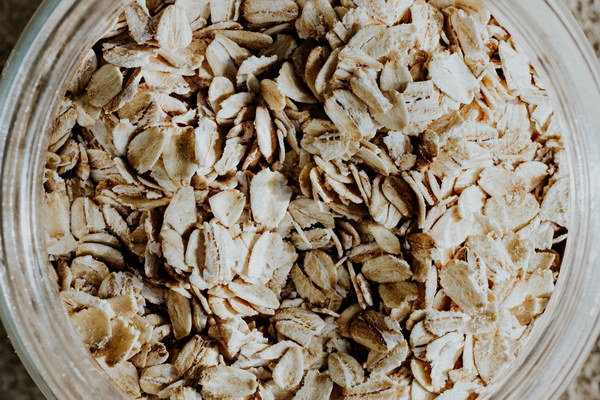Can You Overdo It Understanding the Dosage of Wetness-Relieving Chinese Herbs
In the realm of traditional Chinese medicine, wetness-relieving herbs have been used for centuries to address various health issues related to dampness in the body. These herbs are believed to help eliminate excess moisture, thereby alleviating symptoms such as fatigue, bloating, and weight gain. However, many people wonder if there is such a thing as too much of a good thing. In this article, we will delve into the question of whether you can overdo it with wetness-relieving Chinese herbs.
First, it is essential to understand the concept of dampness in traditional Chinese medicine. Dampness refers to an excess of moisture in the body that can lead to various health issues. This moisture can originate from external factors such as living in a humid environment, or internal factors like poor diet and lifestyle choices. Wetness-relieving herbs work by promoting the elimination of dampness, thereby restoring balance to the body.
One common question regarding these herbs is whether they can be taken in large quantities without any adverse effects. The answer is not straightforward, as it depends on various factors, including the individual's constitution, the specific herb being used, and the duration of use.
1. Individual Constitution: Each person's body responds differently to medications and herbs. Some individuals may be more susceptible to side effects or may require lower doses of wetness-relieving herbs. It is crucial to consider your unique constitution and consult with a qualified practitioner to determine the appropriate dosage for you.
2. Specific Herbs: Different wetness-relieving herbs have varying properties and effects. Some herbs may be more potent and require careful monitoring, while others may be more gentle and can be taken in higher doses without causing harm. It is essential to understand the specific herb you are using and its potential side effects.
3. Duration of Use: Long-term use of any medication or herb can increase the risk of adverse effects. While wetness-relieving herbs are generally considered safe for short-term use, it is important to consult with a healthcare professional if you plan to use them for an extended period.
The following are some common wetness-relieving herbs and their potential risks:
- Atractylodes Macrocephala (Cang Zhu): This herb is often used to treat dampness-related issues. However, excessive use may lead to dryness of the mouth, throat, and skin.
- Poria Cocos (Fu Ling): Poria is another popular herb for dampness relief. Overuse may result in fatigue, dizziness, and weakness.
- Alisma Orientalis (Ze Xie): Alisma is used to drain dampness and improve urination. Excessive use can lead to dizziness, palpitations, and weakness.

To minimize the risk of adverse effects, consider the following tips:
- Consult with a qualified practitioner: Before starting any herbal treatment, it is essential to seek advice from a knowledgeable healthcare professional who can assess your condition and recommend the appropriate dosage.
- Monitor your body's response: Pay attention to any changes in your symptoms and overall well-being. If you experience adverse effects, consult with your healthcare provider immediately.
- Use wetness-relieving herbs as a complement to lifestyle changes: While herbs can be beneficial, they should not replace a healthy diet, regular exercise, and adequate sleep.
In conclusion, while wetness-relieving Chinese herbs can be effective for treating dampness-related health issues, it is crucial to use them responsibly. By considering individual factors, understanding the specific herb's properties, and consulting with a healthcare professional, you can minimize the risk of adverse effects and achieve the desired outcome.

